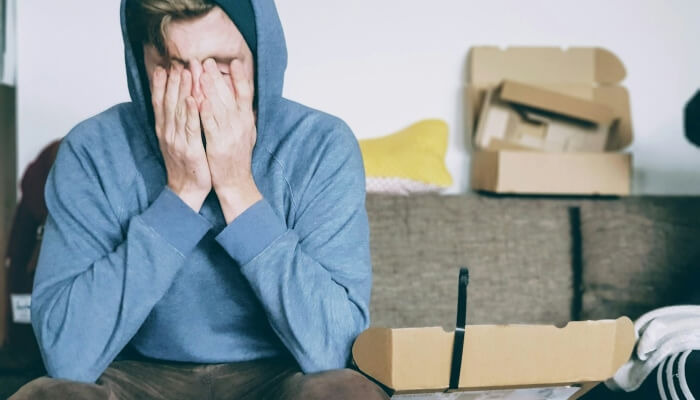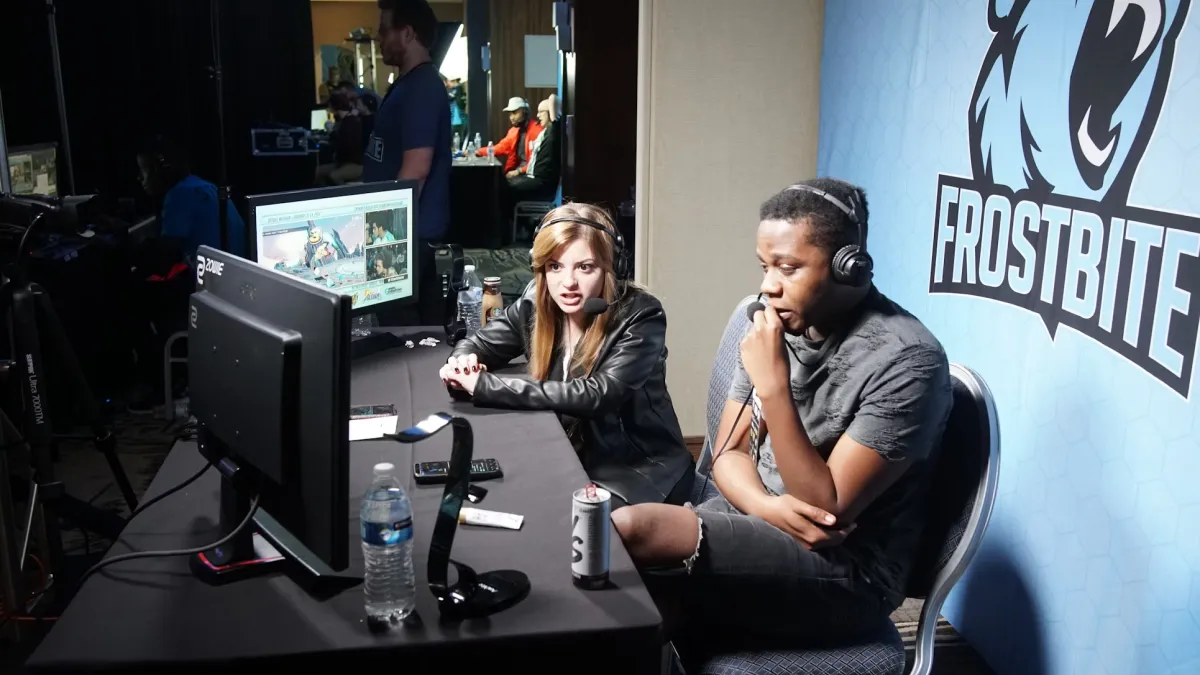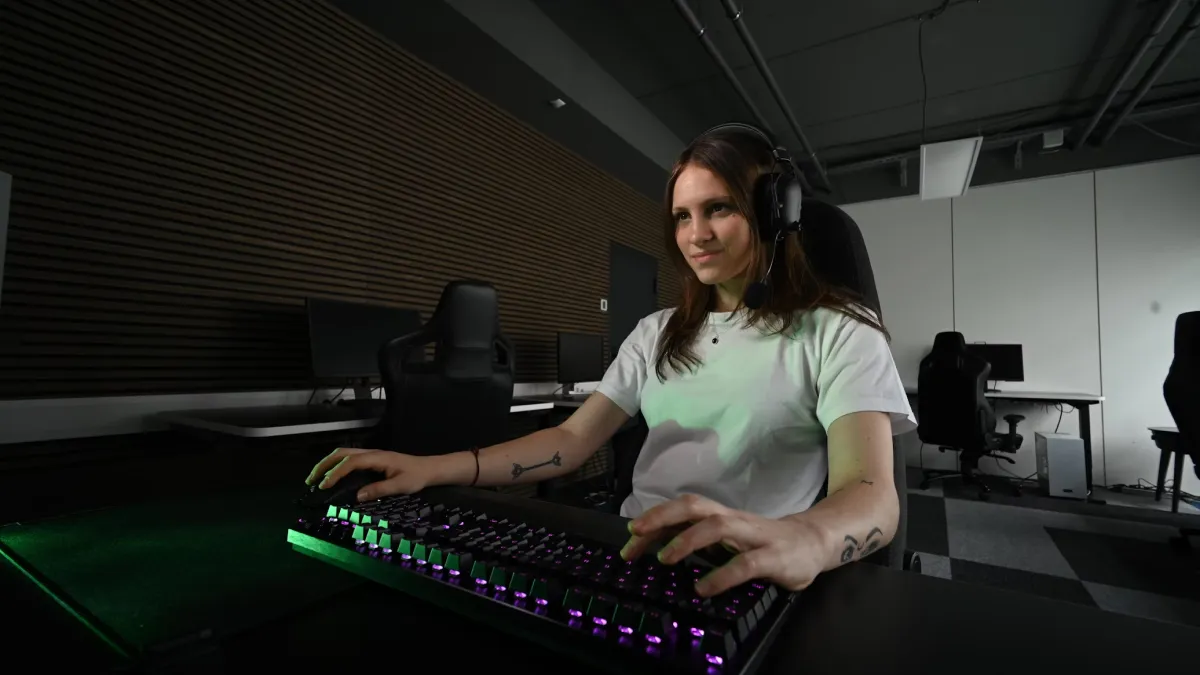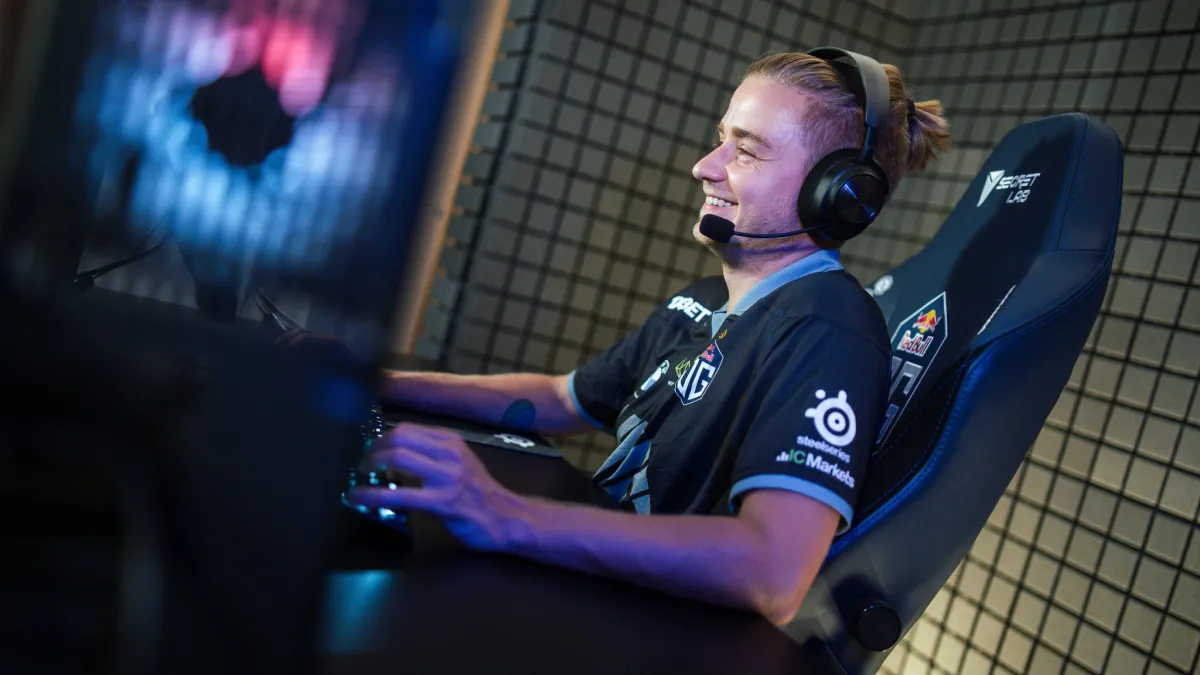The Mental Health Struggles of Professional eSports Players

What comes to mind whenever you hear pro esports players? A life full of fun, glamour and excitement to say the least.
The idea of getting paid to play video games, gaming around the world, gaining a fan base — what could go wrong? Turns out, quite a lot.
Like conventional sports players, esports players endure severe psychological challenges, but only until recently have we started to hear openly about this.
Key Takeaways
- Intense Pressure: A pro esports career means no off-season, but high expectations, and that can have massive implications for mental well being.
- Early Exposure: Most of the players are adolescents when they enter into the world of e-sports which increases their mental pressure as they have to deal with high expectations and hyper-competition at a very early age.
- Lack of Support: Esports organizations tend to go for performance over mental well being of their players and sometimes make decision without considering the effrect on some individual player.
- Mental Health Issues: The traditional sports athletes are not immune to mental health problems, therefore neither are esports rivals; afflictions such as depression, panic attacks, burnout, and sleep issues also plague esports players.
- Growing Awareness: The topic of mental health is winning more prominence in the esports industry, prompting demands for improved support, such as counseling services, mental health resources, and proper work–life balance.
- Players Taking Charge: Players are drawing lines, and allotting time to focus on their mental health and well being away from the pressures of competition
The Highs and Lows of the Game
There is more to being a pro gamer than just giant numbers and record-breaking victories.
With tournaments and practice time now coming up quickly, as does their fallibility, the pressure to perform is immense.
For some the world ending after one bad game. Plus, after all, traditional sports get an off-season — it’s about damn time for esports to get a respite from the never-ending schedules.
Consider Kyle “Danny” Sakamaki from the Team Evil Geniuses. He took a break from competing recently, due to stress.
He was at the peak of his game, but the mental aspect took its toll and he stopped gaming.
And he’s not the only one — players across the League of Legends European Championship (LEC) and other big regions are beginning to call for it too.
From Level Up to Burn Out
Burnout is more than an esports meme; players are really feeling this pressure Professional gaming seems like a blast until you understand that it involves high-level competing day in and day out instead of simply playing games.
It turns out that though esports players may not face the same physical strain of traditional athletes, they tend to experience similar stress, sleep issues and burnout according to studies.
They face moments of relentless competition, lofty expectations, and the idea that they have to do it all perfectly just to remain relevant.
And the reality check is, a lot of young players are teenagers when they enter this ultra-high-stakes environment.
Think of having thousands of data continued on every step you take also (and shining a light on you) at be a 17-year-old nationwide team gamer in your very first worldwide competitors.
That’s a lot to juggle and often with scant guidance and support from organizations.
Who’s Got Their Back?
We may imagine that, as an esports organization, your players have your back, but that is not always the case. According to many pros, they feel like a roster spot.
The organizations make the decisions on who plays, who rides the pine, and who remains on the team — and they seldom ask the players.
This helplessness, coupled with the uncertainty of the next wave, adds yet another dimension of stress.
A psychologist who helps esports players said that while many seek assistance to be better at their game, others are asking for help to cope with anxiety, depression and burnout as well.
Other Players Are Learning That Mental Health Is as Important as Winning
It’s Not Game Over
So what’s the solution? There is not a magic formula to this, but the industry recognizes that a lot more needs to be done.
Organizations can organize mental health resources, provide counseling, better work shift name, and prevent burnout, etc..
This is a new idea in gaming but one that could be very impactful.
For now, however, players are being taught how to establish boundaries of their own.
Being able to take a break, workout or even unplug for a second makes such a difference in being able to recharge.
And for these gamers, the game might be life — but they are finding out that life is more than just a game.
Esports is a mixed bag when it comes to hardship; hopefully, now that players, fans, and teams are aware of the issues, the industry can change to improve the lives of those who bring it to life.
FAQ
-
Esports players often encounter challenges such as:
- Depression
- Panic attacks
- Burnout
- Sleep problems
- Chronic stress due to high expectations and relentless schedules



